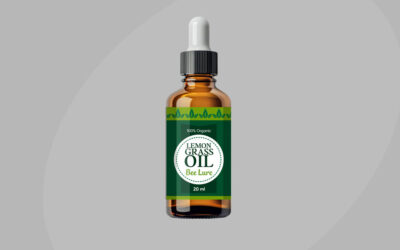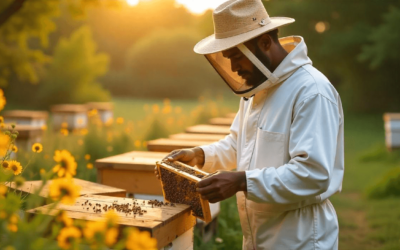Beekeeping is an important practice that involves the rearing and management of bees in order to produce honey, beeswax, and other bee-related products. In Kenya, beekeeping is a popular and lucrative activity, especially in rural areas where it serves as a source of income for many households. However, beekeeping can be a challenging activity, particularly for beginners. This article will provide tips for successful beekeeping in Kenya.
- Get Proper Training
Beekeeping is a skill that requires knowledge and experience. Therefore, it is essential to get proper training before starting beekeeping. There are various organizations in Kenya that offer beekeeping training programs, such as Savannah Honey. We provide theoretical and practical training on beekeeping, which includes the anatomy and behaviour of bees, hive construction, honey harvesting, and pest management. Proper training will equip beekeepers with the necessary skills to manage bees effectively and increase productivity.
- Choose the Right Location
The location of a beehive is important to the success of beekeeping. Bees require a warm, dry, and sheltered location with access to flowers for nectar and pollen. It is recommended to place hives in areas with plenty of flowering plants, away from human traffic, and protected from direct sunlight and strong winds. It is also important to ensure that the location is easily accessible for hive inspections and honey harvesting.
- Use the Right Equipment
Beekeeping requires specialized equipment such as hives, frames, protective gear, and tools. The type of equipment used can affect the productivity of bees and the quality of honey produced. Therefore, it is important to use high-quality equipment that is suitable for the type of bees being kept. There are various types of hives available in Kenya, including the Langstroth hive, the Kenyan Top Bar hive, and the Warre hive. Each hive has its advantages and disadvantages, and beekeepers should choose the one that suits their needs and preferences. Protective gear, such as bee suits, gloves, and veils, are also essential to protect beekeepers from stings.
- Ensure Proper Hygiene
Maintaining proper hygiene is essential for the health and productivity of bees. Beehives should be kept clean and free from debris, dead bees, and pests. Beekeepers should regularly inspect hives and remove any contaminated or diseased combs. Proper hygiene practices can prevent the spread of diseases and pests and increase the lifespan of bees.
- Manage Pests and Diseases
Bees are susceptible to various pests and diseases, such as varroa mites, wax moths, and foulbrood. These pests and diseases can reduce the productivity of bees and even lead to colony collapse. Therefore, it is essential to manage pests and diseases effectively. Regular inspections, proper hygiene, and the use of organic pest control methods can help prevent and control pests and diseases.
- Feed Bees When Necessary
During periods of drought or when there are no flowers available, bees may not have enough nectar and pollen to survive. In such cases, beekeepers should provide supplementary feeding to ensure the survival of bees. Sugar syrup or honey water can be used as supplementary feed. It is important to provide feed in a clean and hygienic manner to prevent contamination.
- Harvest Honey at the Right Time
Honey harvesting is a crucial part of beekeeping. It is important to harvest honey at the right time to ensure its quality and quantity. Honey should be harvested when it is ripe, which is indicated by the capped comb. Beekeepers should avoid harvesting honey before it is ripe as this can affect its flavour and texture. Over-harvesting can also reduce the productivity of bees and affect
Bottom Line
Beekeeping can be a good and rewarding activity in Kenya, but it requires proper knowledge, skills, and equipment to be successful. Beekeepers should get proper training, choose the right location, use the right equipment, maintain proper hygiene, manage pests and diseases, feed bees when necessary, and harvest honey at the right time. Following these tips can increase the productivity of bees, improve the quality of honey produced, and ensure the long-term sustainability of beekeeping in Kenya. By implementing these practices, beekeepers can contribute to the growth of the beekeeping industry in Kenya and improve their livelihoods.
For in-depth training on starting beekeeping farm, apiary management, quality bee keeping equipment, high value beekeeping products such as bee pollen, propolis, royal jelly, bee venom production and ccontractual beekeeping, call us today on 0724052975,or Email us on info.savannahhoney.org or visit our website at www.savannahhoney.org.






0 Comments